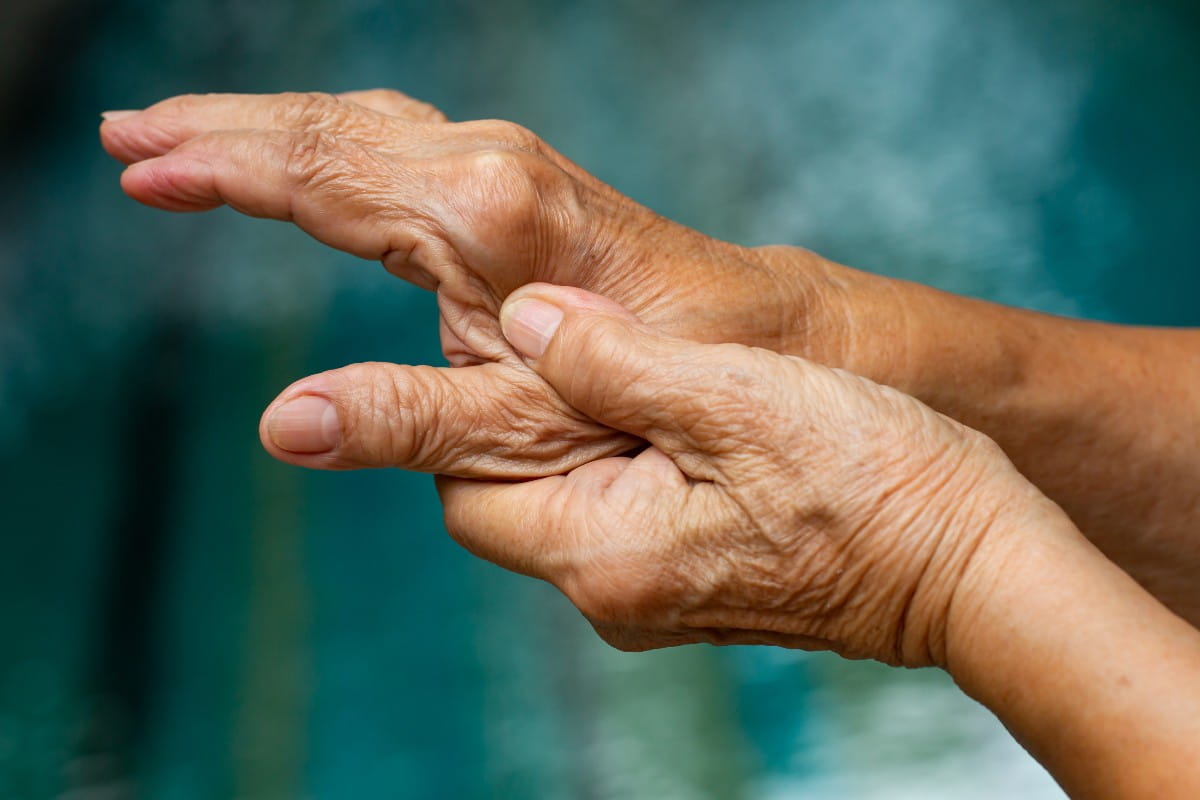Everyone hiccups from time to time. But why?
Hiccups happen when your diaphragm – a muscle at the base of your chest involved in respiration – spasms. The spasm causes you to suck in air quickly, but at the same time also forces your glottis – the space between your vocal cords – to close. The result is the characteristic, involuntary “hic” sound of the hiccup.
“Hiccups are not harmful, and they typically go away quickly on their own,” says Melanie Ames, FNP, Family Nurse Practitioner at Riverside Primary Care Kiln Creek.
How to get rid of hiccups
There’s no shortage of supposed techniques for getting rid of hiccups, from drinking water to holding your breath to asking someone to “scare” you.
Other frequently cited tips include swallowing a spoonful of sugar or breathing into a paper bag.
While these techniques may not be scientifically proven, they may work for some people.
“In most cases, hiccups are short-lived,” says Ames. “But there’s no harm in trying simple strategies, such as drinking water or holding your breath, if you’re in a hurry to get past the hiccupping episode.”
Hiccup triggers
Hiccups can happen at any time, but certain activities or events may trigger them, including:
- Stress or excitement
- Overeating
- Consuming excessive amounts of alcohol or carbonated beverages
- Sudden temperature changes
When hiccups could be something more
If you experience frequent, prolonged bouts of hiccups – those that last 48 hours or more – your hiccups could be a symptom of an underlying health condition, including kidney or gastro-intestinal disease.
If your hiccups are so severe that they interfere with your ability to eat, breathe or sleep normally, speak to your health care provider.
“Hiccups are something everyone experiences. In the vast majority of cases, they’re of no medical concern whatsoever,” says Ames. “But if you’re experiencing chronic, reoccurring hiccups that last days at a time, you’ll want to be sure to mention that to your doctor.”



